Categorization skills Easy Worksheets for Ages 4-7
5 filtered results
-
From - To
Welcome to our "Categorization Skills Easy Worksheets" page designed specifically for children aged 4-7! These engaging worksheets help young learners develop essential categorization skills by sorting items based on various attributes like colors, shapes, and sizes. Our thoughtfully crafted activities not only make learning fun but also enhance critical thinking and problem-solving abilities. Each worksheet fosters creativity while promoting cognitive growth, making them an ideal resource for both parents and educators. Explore our collection today to support your child's learning journey, boost their confidence, and inspire a love for organizing and classifying the world around them!
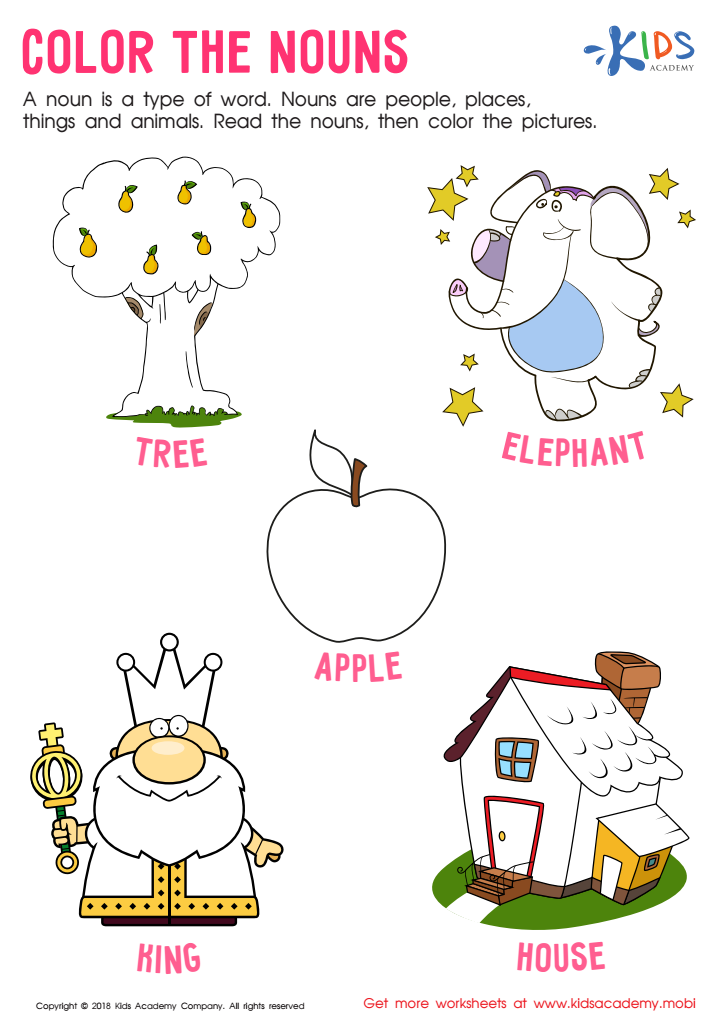

Color the Nouns Worksheet
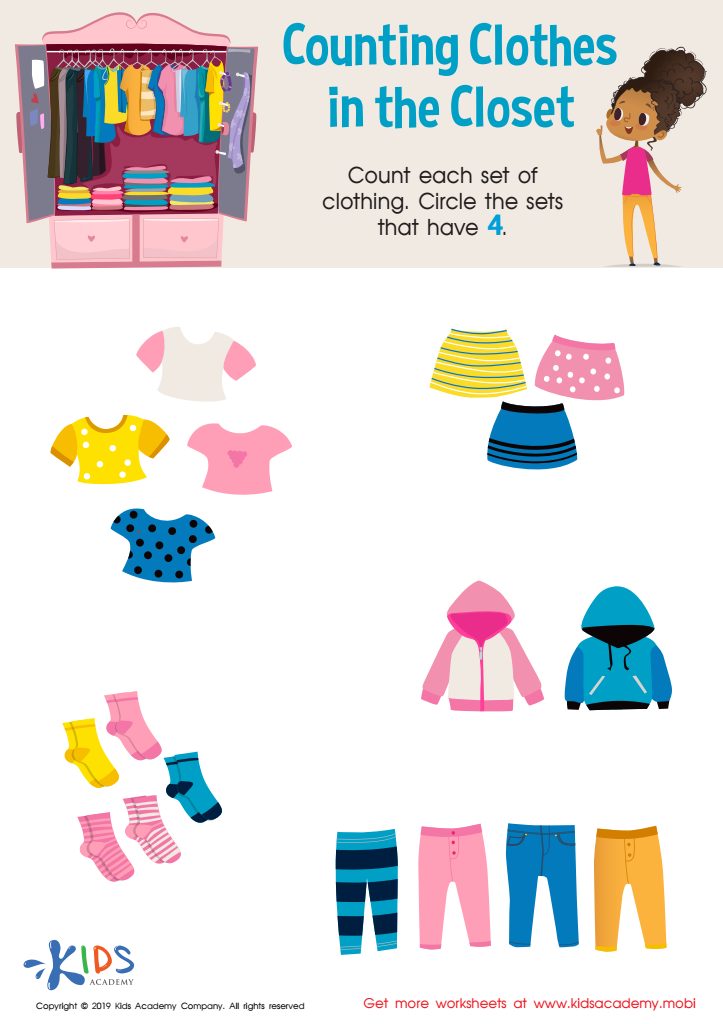

Counting Clothes Worksheet
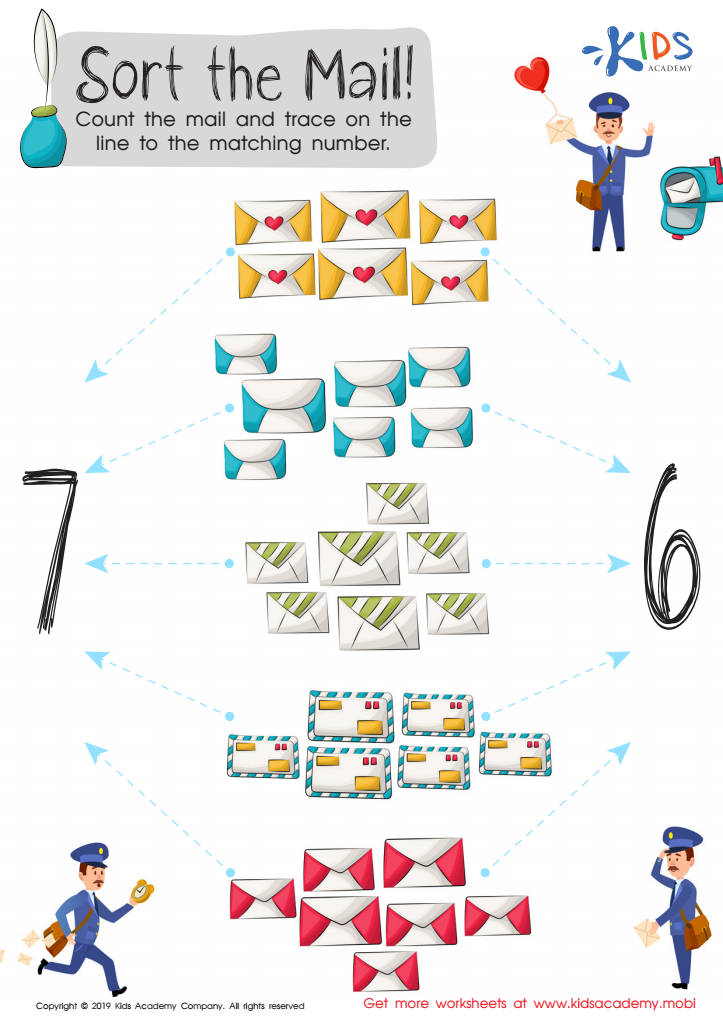

Sort the Mail Worksheet
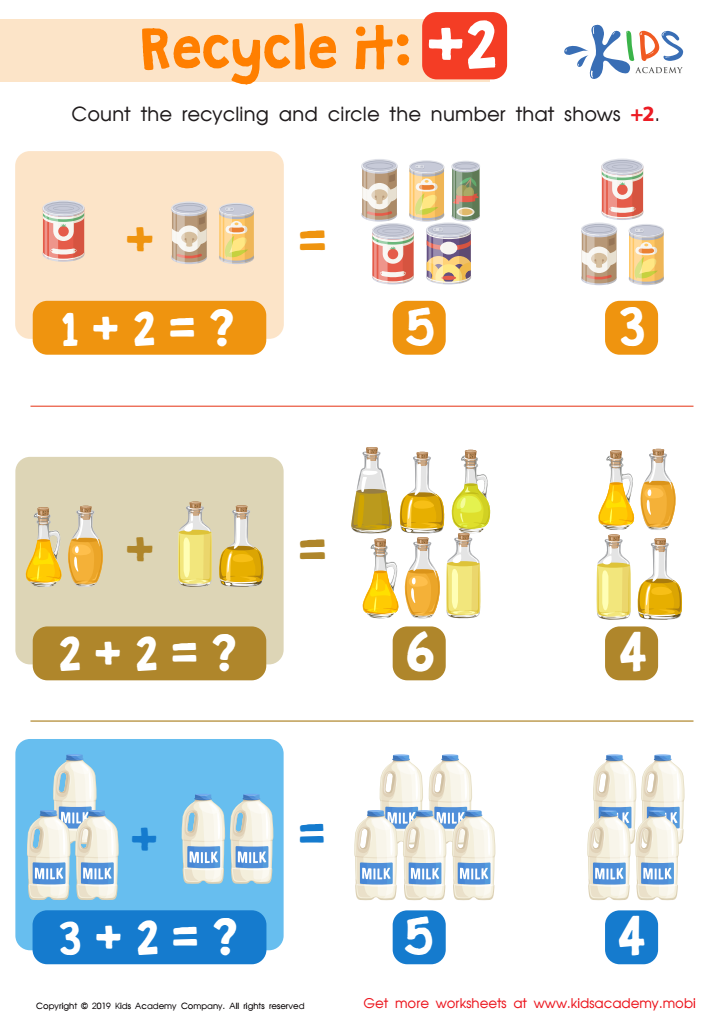

Recycle It: +2 Worksheet
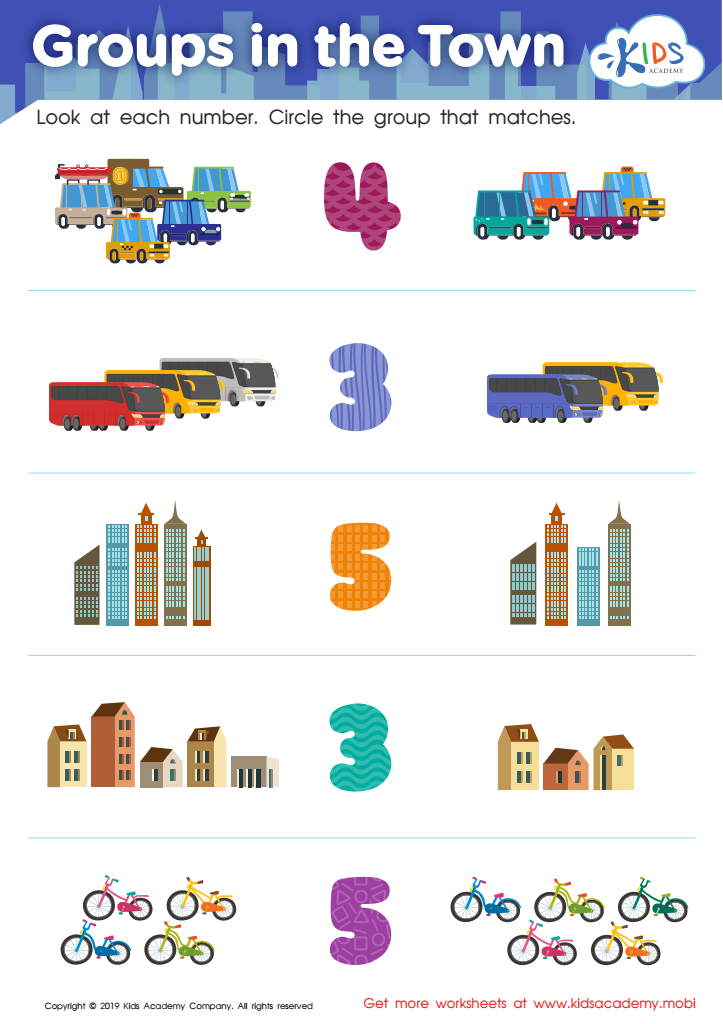

Groups in the Town Worksheet
Categorization skills play a crucial role in the cognitive development of children aged 4-7, making it essential for parents and teachers to emphasize their importance. These skills involve grouping objects, people, or concepts based on shared features, which helps children make sense of the world around them. As kids learn to categorize, they develop critical thinking, problem-solving abilities, and enhance their memory retention.
Additionally, categorization lays the foundation for more advanced skills in literacy and numeracy. For example, when children categorize animals as pets or wildlife, they begin to understand characteristics and differences, which is instrumental in reading comprehension. In mathematics, understanding categories helps with sorting and classifying objects, paving the way for concepts like addition and subtraction.
Furthermore, strong categorization skills promote social development, as children learn to understand and relate to others by recognizing differences and similarities. Enhanced empathy and communication skills arise when kids learn to categorize emotions or behaviors.
Ultimately, fostering categorization skills can lead to improved academic performance and lifelong learning, making it a vital area of focus for both parents and educators. By encouraging these abilities, adults can equip children with the tools needed to navigate and thrive in their complex world.
 Assign to My Students
Assign to My Students


















